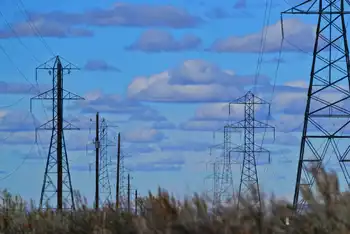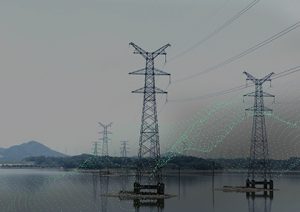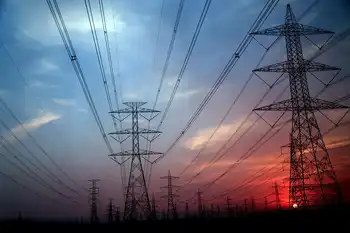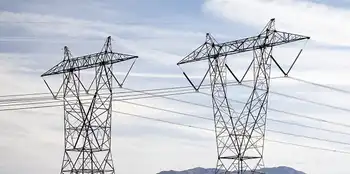Minnesota Governor Calls For Pact on Nuclear-Waste Storage
Saint Paul, MN - -- Gov. Tim Pawlenty injected himself into the stalled Prairie Island nuclear-waste debate recently, spelling out a set of expectations for an eventual bill.
Senate and House bill sponsors said afterward that they could accept many of his proposals, which include greater commitments for renewable energy and conservation in exchange for allowing Xcel Energy to store more than the current 17 dry casks of radioactive waste outside its Red Wing-area nuclear power plant.
"I don't see any deal breakers there," said Sen. Steve Murphy, DFL-Red Wing, the sponsor of one of two contrasting Senate bills stalled in the Rules and Administration Committee. A similar House bill sponsored by Rep. Torrey Westrom, R-Elbow Lake, awaits a floor vote.
The sponsor of the other Senate bill, Ellen Anderson, DFL-St. Paul, said she'll work with the governor to find a solution.
"I think the governor has embraced about 90 percent of the ideas expressed in my proposal," Anderson said. "I hope we can negotiate an agreement." Calling the Prairie Island plant a reliable and economical source of energy, Pawlenty said he supports keeping it open at least until its licenses expire in 2013 and 2014. But because the plant and another at Monticello are three decades old, he said, the state must begin a transition to other power sources. "They're getting old, and you can't keep them open forever," Pawlenty said.
Pawlenty said he also supports a tentative agreement between Xcel and the Prairie Island tribe, giving it compensation for longstanding health and safety concerns.
But he said he was concerned about the legislation that has emerged so far. Eventual bills, he said, should be amended to:
-- Increase the state's commitment to renewable energy. The state, he said, should make sure that 10 percent of Xcel's energy production comes from renewables by 2015.
Current legislation pulls money from a Renewable Development Fund and gives it to the tribe, a shift Pawlenty opposes. "We're not going back on our commitment to renewables," he said.
-- Preserve future nuclear-waste authority with the Legislature. Some legislation shifts that power to the Minnesota Public Utilities Commission.
-- Fully explain the Prairie Island Indian Community's plan to buy at least 1,500 acres off reservation. The tribe has said that land would be for members who didn't want to live on the reservation near the power plant. But some legislators have expressed fears it could be used for a new casino.
"Perhaps there hasn't been enough discussion on the land acquisition," said Jake Reint, a tribe spokesman. "We certainly welcome that discussion, but the bottom line is the governor has the authority to determine, ultimately, how that land is to be used." -- Maintain financial support for the state's Conservation Improvement Program.
Westrom's bill sailed through committees even though it was criticized for taking too much money from conservation programs and downplaying renewable energy options.
Murphy's Senate bill mirrors it, but didn't get a hearing in the Senate Commerce and Utilities Committee, which Anderson chairs. Her bill, meanwhile, never got out of that committee, and both were subsequently sent to the rules committee.
Murphy said he hopes he and Anderson can work out a compromise by Friday.
Environmental groups said they liked Pawlenty's announcement.
"I was especially heartened by the tone of the governor's comments," said Michael Noble, executive director of Minnesotans for an Energy-Efficient Economy, a longtime advocate of renewable energy development.
Related News

BLM Announces Completion of Crimson Energy Storage Project
LOS ANGELES - The Bureau of Land Management announced that construction of the Crimson Energy Storage Project, a 350-megawatt battery storage system in eastern Riverside County, is now complete, and the system is in operation and expanding grid capacity. The battery storage project will provide 1400 megawatt-hours of electricity at full capacity and is a significant milestone in the Biden-Harris administration’s efforts to modernize America’s power infrastructure in the West and achieve a goal of 100 percent carbon-free electricity by 2035.
“The BLM is proud to support responsible development of renewable energy projects as part of our mission to sustainably manage…




